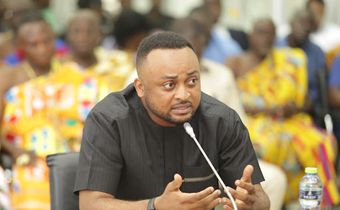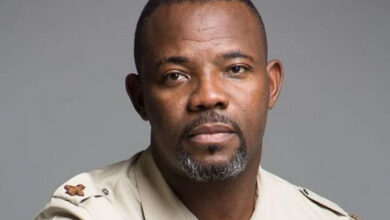Ballots and Blows: The new normal of Ghana’s electoral process?
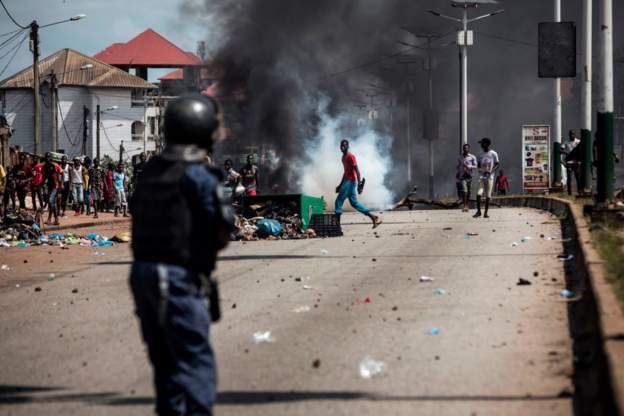
Ghana, long celebrated as a beacon of democratic progress in West Africa, is now grappling with a sobering reality: electoral violence is no longer an isolated occurrence—it is becoming a disturbing norm. Once held up as a model for peaceful transitions of power, the country’s elections are increasingly marred by chaos, intimidation, and bloodshed. From polling stations turning into battlegrounds to journalists being assaulted in broad daylight, the scenes unfolding during recent electoral cycles paint a troubling picture of a democracy under strain.
This troubling trend threatens to erode decades of democratic gains and civic trust. The very institutions meant to uphold order and fairness during elections are now being tested, as political tensions spill over into physical confrontations and targeted attacks. For a nation that has prided itself on stability in a region often plagued by coups and authoritarianism, Ghana must now reckon with the possibility that its democracy is not as resilient as once believed. The implications are profound—not only for the country’s future governance but for the millions of citizens whose faith in the electoral process is quietly fading.
Read Also : NPP deputy national organiser beaten mercilessly in Ablekuma North chaos (video)
From Polling Booths to Crime Scenes: An Escalating Trend
Electoral violence in Ghana has become alarmingly consistent. Recent elections have seen spikes in intimidation, physical assault, and blatant impunity.
2019 Ayawaso West Wuogon By-election
A seemingly routine by-election erupted into violence when masked national security operatives stormed the La-Bawaleshie polling station, firing live rounds and assaulting unarmed civilians. Nearly 20 people were injured, prompting the opposition National Democratic Congress (NDC) to withdraw from the contest.
A Commission of Inquiry led by Justice Emile Short gathered testimony from over 20 key figures, including MP Sam George and the NDC’s Delali Kwasi Brempong. Although the Commission recommended compensation and security sector reforms, the government rejected many of its findings in a White Paper, fuelling public scepticism.
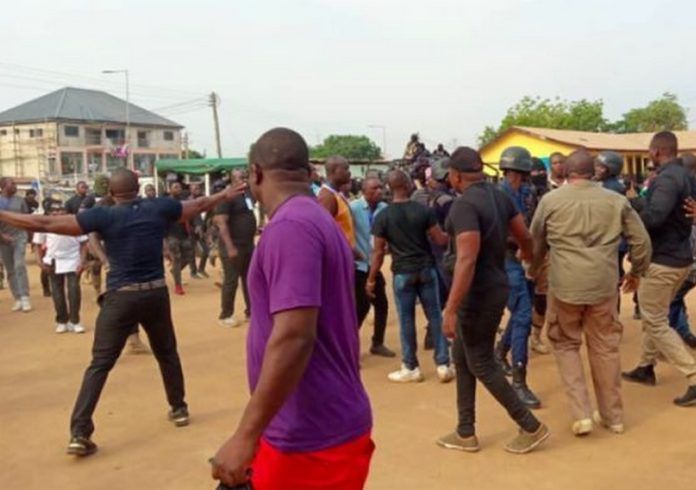
Nearly 20 people were injured
2020 General Elections
Official reports confirmed five deaths and 19 injuries following disputes and violence at polling stations and during post-election protests.
A particularly controversial incident involved then-Minister Mavis Hawa Koomson, who admitted on live television that she had discharged a firearm at a voter registration centre in Kasoa. While she claimed she acted in self-defence, eyewitnesses accused her aides of firing multiple shots and intimidating registrants. Despite the outcry, no charges were filed.
2024 General Elections:
A peace pact signed ahead of the vote did little to prevent bloodshed. At least six fatalities were recorded, primarily from clashes between the two major parties, the NPP and the NDC.
The Ablekuma North Rerun : A Snapshot of Systemic Failure
The parliamentary rerun in Ablekuma North on 11 July 2025, held across 19 polling stations, descended into disorder:
Thugs attacked the NPP parliamentary candidate Nana Akua Owusu Afriyie, former minister Hawa Koomson, party agents, and journalists. The police allegedly did little to intervene.
Three journalists were assaulted. One was slapped by a police officer, another was pepper-sprayed and rendered unconscious.
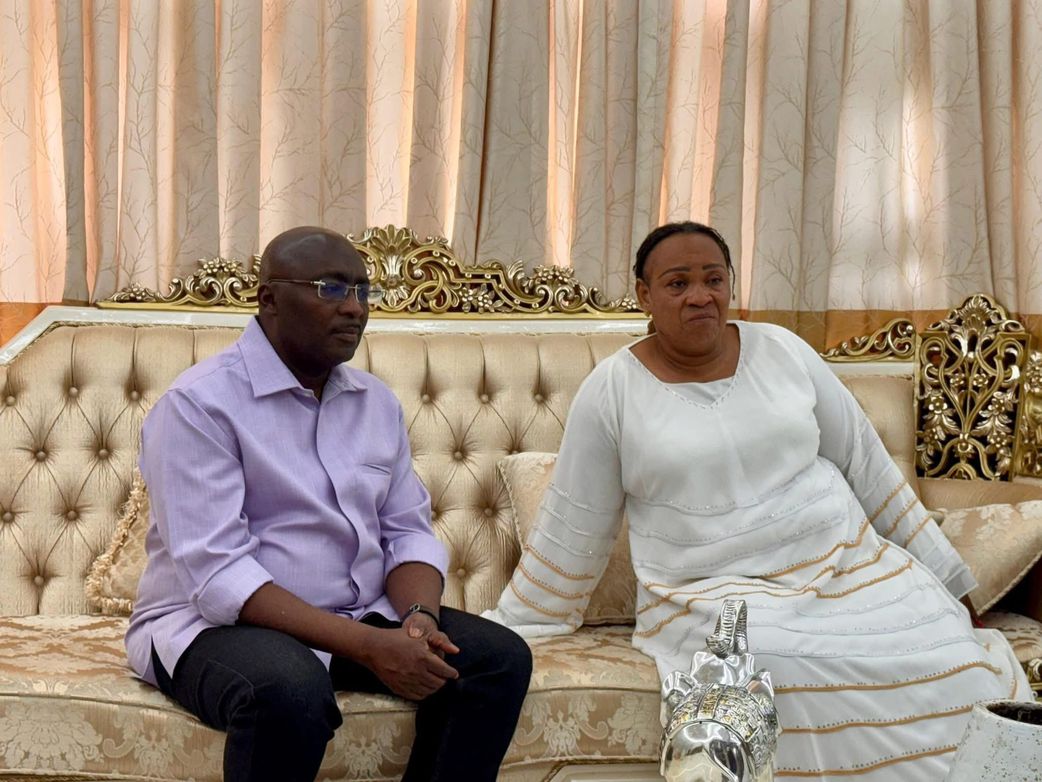
Hawa Koomson was visited by former Vice Prez. Bawumia after she was assaulted
The Electoral Commission (EC) confirmed that, despite video evidence of violence during the 2024 polls, no arrests had been made.
The rerun resulted in a razor-thin margin, Ewurabena Aubynn (NDC) won with 34,090 votes to Owusu Afriyie’s 33,881, a difference of just 209 votes, marking the first NDC win in the constituency since the Fourth Republic began.
Read Also: ‘Unless they flee the country’ – Interior minister vows to hunt down Ablekuma North thugs
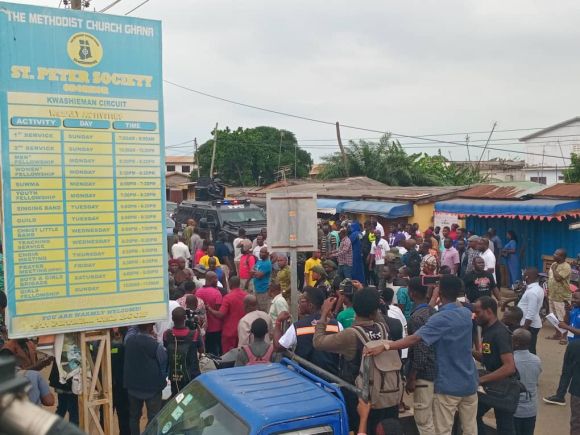
Three journalists were assaulted. One was slapped by a police officer, another was pepper-sprayed and rendered unconscious.
What’s Driving the Surge in Electoral Violence?
Ghana’s deepening electoral violence is underpinned by a growing culture of impunity. Those responsible for acts of violence during elections often face no consequences, sending a dangerous signal that such behaviour is tolerated. This lack of accountability not only emboldens perpetrators but also weakens the rule of law. Compounding this issue is the persistence of political vigilantism. Despite the passage of the Vigilantism and Related Offences Act in 2019, many of these groups continue to function, often under rebranded identities, serving as unofficial enforcers for political parties with little to no fear of punishment.
The complicity or inaction of security forces further aggravates the situation. In several instances, including the Ablekuma North rerun, security personnel reportedly stood by while attacks were carried out, and in some cases, were directly involved. Such behaviour undermines public confidence in law enforcement. Additionally, the intensely competitive nature of Ghana’s elections, where outcomes are sometimes decided by razor-thin margins, fuels a perception that winning at all costs is justified. This escalating tension, combined with repeated incidents of unaddressed violence, has led to a dangerous erosion of public trust in the electoral system, pushing some citizens into disengagement while others feel compelled to take justice into their own hands.
How Can Ghana Break the Cycle?
To curb the growing trend of electoral violence, Ghana must commit to enforcing the law without favour. Every case of violence, regardless of political affiliation, must be investigated and prosecuted. Security officers who abuse their power or fail to act must face disciplinary and legal action. Equally important is the urgent need to dismantle political vigilante groups. The Vigilantism Act must be strictly applied, with security agencies identifying and shutting down all unregulated groups that pose a threat to peaceful elections.
Read Also: ‘Shut up’ – Sam George fires back at Bawumia over Ablekuma North chaos remarks
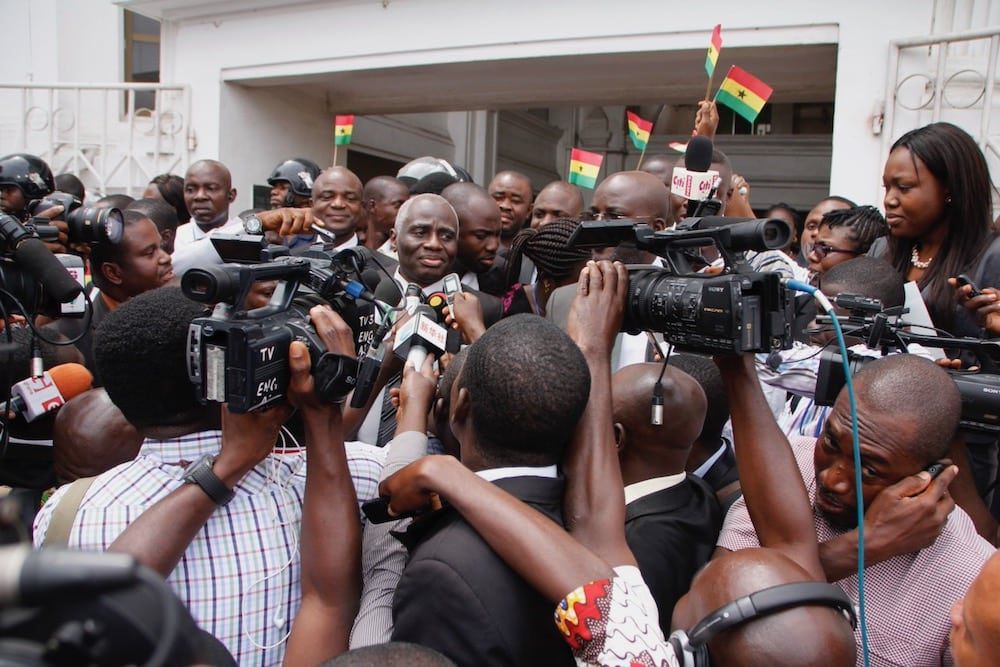
Protecting journalists is also essential to safeguarding the democratic process
Protecting journalists is also essential to safeguarding the democratic process. Media personnel must be guaranteed safety at polling stations, and any attacks, especially those involving law enforcement, must be prosecuted without delay. Furthermore, electoral reforms should include decentralising key aspects of the Electoral Commission’s operations to enhance local accountability and responsiveness. Finally, civic education and peacebuilding efforts must go beyond slogans. Civil society, religious leaders, and traditional authorities need to be actively engaged in fostering dialogue and promoting non-violent participation throughout the electoral cycle.
Is This Ghana’s New Reality?
Electoral violence is not inevitable, but it is persistent. The events in Ablekuma North serve as a stark warning, unless systemic reforms are enacted and enforced, these incidents will escalate, threatening Ghana’s democratic integrity.
Ghana has overcome challenges in the past. The resilience of its people, institutions, and civic movements remains strong. But if violence is allowed to become an accepted feature of competitive politics, the very foundation of democratic governance will be at risk.
Read Also: Read President Mahama’s letter to IGP on probing 2020 & 2024 election killings
Conclusion
Ghana’s democratic promise remains alive, but only if citizens, institutions, and leaders act decisively. Violence must not be normalised. Every incident of intimidation, assault, or impunity chips away at the legitimacy of elections and the faith citizens place in their leaders.
It is time to demand more, justice for victims, accountability for perpetrators, and a renewed commitment to peaceful, free, and fair elections. Only then can Ghana truly remain a pillar of democracy on the continent.

